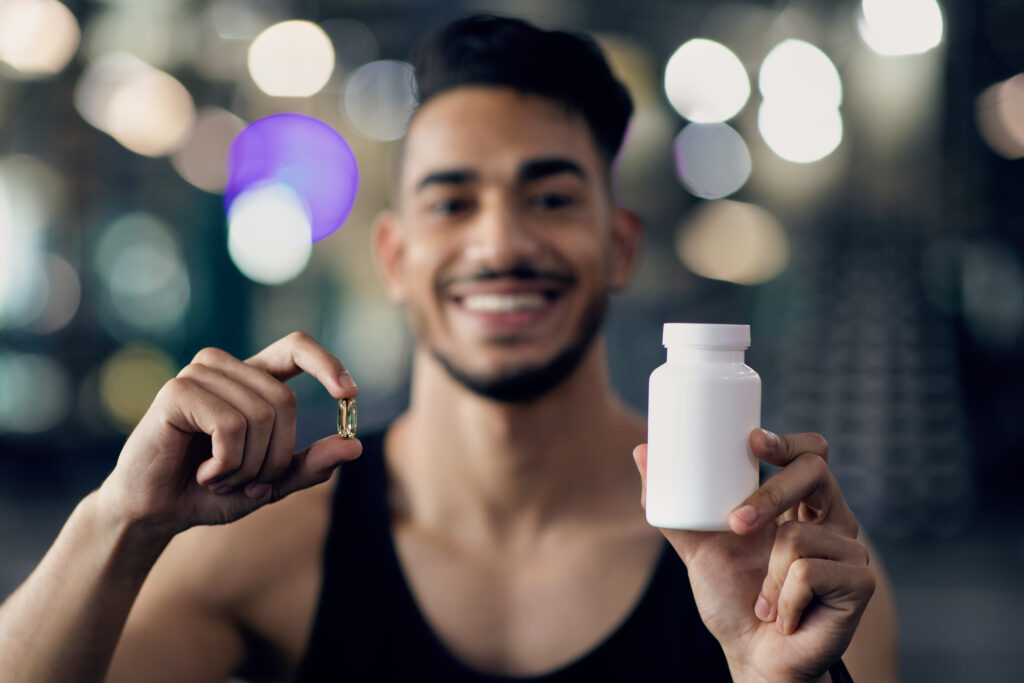Anabolic steroids are synthetic substances designed to mimic the effects of testosterone, often used to build muscle mass or improve athletic performance. While these substances can produce dramatic physical changes, their impact on mental health is often overlooked. One significant concern is whether anabolic steroids can cause depression. At Summit Helps in Princeton Junction, NJ, we understand the complexities of mental health and substance use and aim to provide clarity on the connection between anabolic steroids and depression.
How Anabolic Steroids Affect the Brain
Anabolic steroids influence the brain’s chemical balance, particularly by interacting with the hypothalamus, which regulates mood, emotions, and behavior. While they don’t produce the immediate euphoric effects associated with other substances, their long-term use can significantly affect mental health.
- Impact on Hormone Levels:
Anabolic steroids disrupt the body’s natural production of testosterone and other hormones. When steroid use stops, the body may struggle to regain hormonal balance, leading to symptoms such as fatigue, irritability, and depression. - Changes in Brain Chemistry:
Steroids can alter levels of neurotransmitters like serotonin and dopamine, which are closely linked to mood regulation. These changes may result in mood swings, anxiety, or depressive episodes.
Symptoms of Steroid-Induced Depression
For individuals using anabolic steroids, the following symptoms may indicate depression:
- Persistent sadness or hopelessness.
- Loss of interest in activities once enjoyed.
- Fatigue or lack of energy.
- Changes in appetite or sleep patterns.
- Difficulty concentrating or making decisions.
- Thoughts of self-harm or suicide.
These symptoms can emerge during steroid use, but they’re particularly common during withdrawal, as the body attempts to normalize its hormonal and chemical balance.
Who Is at Risk?
Not everyone who uses anabolic steroids will experience depression, but certain factors increase the risk:
- Long-Term Use: Prolonged steroid use can exacerbate mental health effects.
- High Doses: Using higher-than-recommended doses amplifies the risk of side effects.
- Pre-Existing Mental Health Conditions: Individuals with a history of depression, anxiety, or other mental health challenges are more vulnerable.
Can Depression from Steroids Be Treated?
The good news is that steroid-induced depression is treatable. With the right support, individuals can regain emotional stability and rebuild their mental health.
At Summit Helps, we offer a comprehensive approach to managing steroid-induced depression:
- Individual Therapy: Evidence-based approaches like Cognitive Behavioral Therapy (CBT) can help individuals address negative thought patterns and develop healthier coping strategies.
- Medication Management: In some cases, antidepressants or other medications may be recommended to stabilize mood.
- Lifestyle Changes: Encouraging healthy habits, such as regular exercise, balanced nutrition, and proper sleep, can support recovery.
- Relapse Prevention: For individuals in recovery from steroid misuse, we help identify triggers and build strategies to maintain emotional well-being.
Take the First Step Toward Recovery
Depression caused by anabolic steroids can be overwhelming, but you don’t have to face it alone. At Summit Helps in Princeton Junction, NJ, we provide personalized care tailored to your unique needs. Whether you’re currently using steroids or experiencing withdrawal symptoms, our team is here to guide you on the path to recovery.
Contact us today to learn more about our mental health services and how we can help you overcome the challenges of steroid-induced depression.
